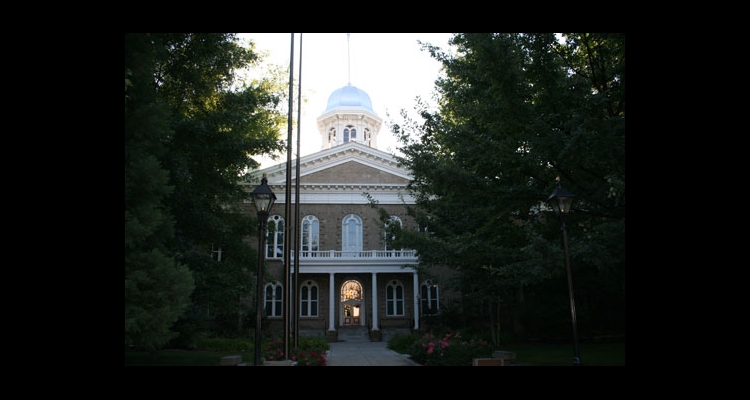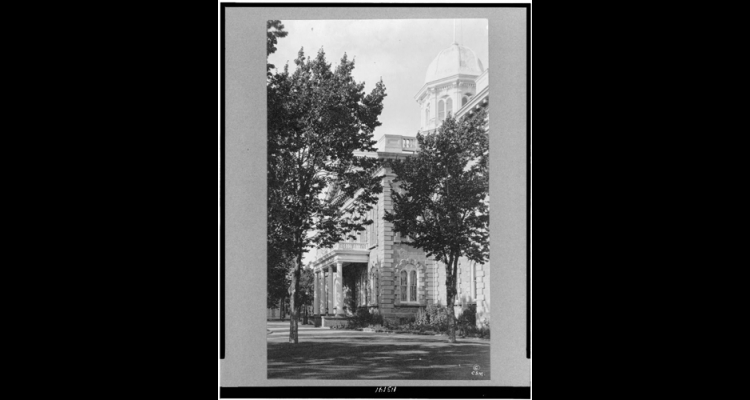Legislative Sessions and Preparation of Bills and Resolutions
Regular sessions of the Nevada legislature are held once every other year (biennial) in odd-numbered years. The Nevada state constitution requires that sessions convene on the first Monday in February next following the election of members of the senate and assembly, unless the governor, by proclamation, convenes a special session at another time.
From 1867 to 1958, regular sessions were limited by the constitution to sixty calendar days. A series of constitutional amendments changed this provision. In 1958, annual sessions of unlimited length were instituted. The 1959 session ran for sixty-seven days, while the 1960 session—which was supposed to address only fiscal matters—extended fifty-five days. The legislature's failure to manage annual sessions efficiently resulted in a 1960 initiative that changed regular sessions back to biennial (of unlimited length). In 1998, biennial sessions were limited to a maximum of 120 calendar days. From 1867 until the present, salaries of legislators have been limited to a maximum of sixty calendar days in session. However, a per diem allowance is provided to legislators for all days of a session.
Ideas for legislation come from a variety of sources: local officials, businesses, legislative measures in other states, lobbyists, and citizens. Only a few entities are authorized to request the full-time staff of the legislature, the Legislative Counsel Bureau (LCB), to draft bills or resolutions. These entities include the elected members of the legislature, legislative committees, the governor, and other constitutional officers of the executive branch, the judicial branch, state and local government agencies, and certain local officers. All have limits on the number of measures they may submit for drafting.
Once LCB staff has drafted a bill or resolution, only a legislator or legislative committee may introduce it. The name of the primary legislative sponsor(s) of a bill or resolution appears on the measure, along with the names of any cosponsors, which may be from both legislative houses. A bill or resolution may be introduced in either the senate or assembly, but introduction of the same bill simultaneously in both houses is not permitted.
Article Locations
Related Articles
None at this time.
Further Reading
None at this time.


